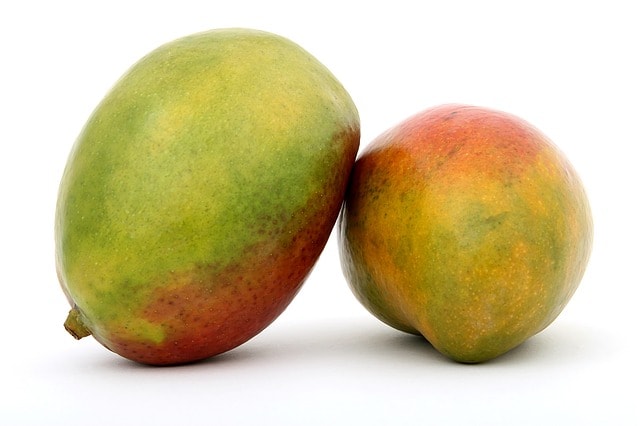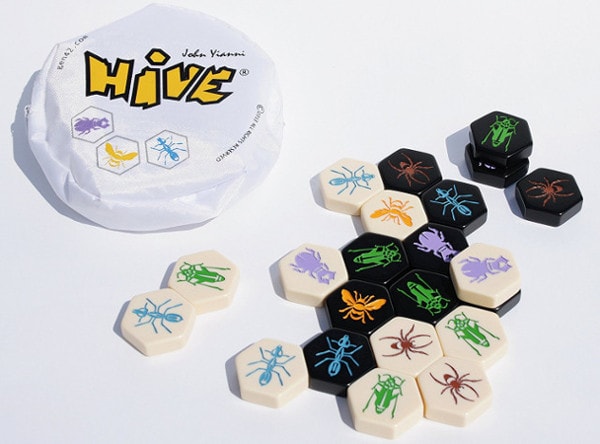 Mangoes are delicious – young and old love it – and it’s a shame they are a seasonal product. So what better way to take advantage of their availability than using it to feed the family, and that includes your little one, right?
Mangoes are delicious – young and old love it – and it’s a shame they are a seasonal product. So what better way to take advantage of their availability than using it to feed the family, and that includes your little one, right?
Is it safe to feed mangoes to my baby?
As a parent, it’s more than fine to be concerned about what your baby eats. After all, babies are delicate and require the utmost care.
So the good news is that, yes, you can absolutely give mangoes to your baby. In fact, it’s one of the healthiest fruits for them.
But just because it’s okay to feed your baby mangoes doesn’t mean it has to be their first food. While it does fit the mashable criteria for baby food, it is best to give the fruit to them when they are a little older, around eight to ten months.
What are the health benefits of giving mangoes to babies?
Beta-carotene is used by the body to make vitamin A and it helps improve eyesight. And yes, mangoes are a good source of beta-carotene – just like carrots.
But it isn’t just eyesight that is improved by eating mangoes. The fruit is also a good source of vitamins C and E.
There are other reasons mangoes are good for your baby, other than being vitamin sources. They include:
- helping with digestion – mangoes contain elements that promote digestion, and it is rich in fiber, which is helpful in dealing with constipation.
- reducing microbial attacks – the fruit promotes epithelial function, protecting your baby from the common cold, rhinitis, and sinusitis.
- boosting immunity levels – the carotenoids in mangoes remove free radicals from the body thus increasing levels of immunity.
- improving brain function – this is all thanks to vitamin B6, plus memory and concentration can also be improved with glutamine acid.
When can my baby eat mangoes?
While some parents have been able to successfully give mango to their children as young as six months, the recommended age is between eight to ten months. Doing so ensures that their tummies are mature enough to handle the fruit.
Then again, you can always ask your doctor if you want to be on the safe side. Each child is different so it’s best to defer to expert opinion when in doubt.
How to choose mangoes for my baby?
There are different varieties of mango and it might help to try as many to find out which one you like best. That said, here’s how to go about your selection:
- Take a good look at the mango. Make sure that it doesn’t have any blemishes, bruises, or cuts. The fruit’s color should also be uniform; a few brown dots on the skin is not that big a deal.
- Feel the mango. You can tell when a mango is ripe because it is soft to the touch and slightly fragrant. This is true no matter the color of the mango: reddish orange, green, or golden yellow.
How to make mango baby food?
First off, it’s best to store ripe mangoes in the refrigerator. They will keep for about four to five days.
So how do you prepare a mango?
First, you wash it thoroughly. It might even be best to wash it with a mixture of water and vinegar to remove bacteria.
Now, there are different ways to cut open a mango:
- Cut it lengthwise, on each side of the pit. Make a cube pattern in the flesh before taking it out.
- Peel the skin off then cut into cubes.
Once you’ve got your slices of mango, it’s now time to make some mango baby food. There are different things you can try, with mango pure being the most popular.
All you have to do is mash the fruit then feed it to your little one. You can also add in other yummy treats like a banana for variety.
Later on, you can try different mixtures like a mango carrot puree (which you’ll have to put in a cooker with water) or a banana mango mixture.



